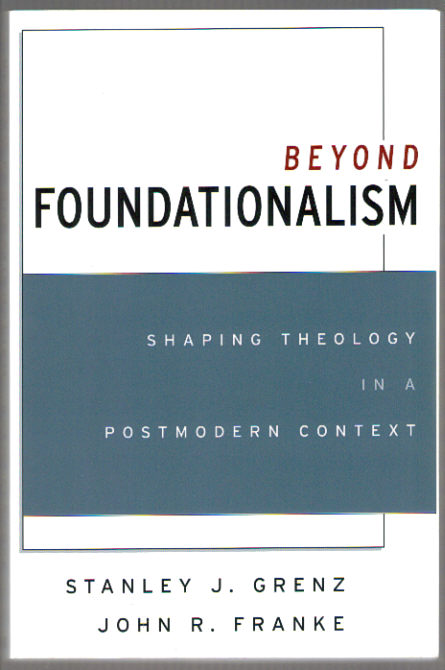We’ve switched back to John’s part of the story, and we find him in the Judean wilderness – the countryside around the Jordan River. This doesn’t just give us information about where he is, but also where he isn’t. This renewal movement isn’t happening in the religious and political (not easily separated) center of the nation, but away from it.
Furthermore, he is tapping into a long held hope of the Jewish people that God might manifest himself by returning to be with them and restore them. This preparation to which John is calling his country men and women is one of repentance and ritual cleansing. A few things in particular stand out about his call to repentance… 1) There is a sense of urgency about his proclamation. 2) John is issuing this call to his own people. They have failed at something and he is calling them to prepare themselves for the coming of the Lord. 3) The notion that not just the Jews will benefit when Yahweh comes to be with them, but “all nations” even if they need to raised up from “stones.”
And as the King returns, so also his kingdom. And in this kingdom, a new (old?) ethic of concern for their fellow man is the standard. Issues of charity, honesty, and integrity are promoted out of a desire to see “righteousness/justice” for all.
Luke’s record of Jesus’ baptism is the shortest in the gospels. Perhaps this is due to its being part of a larger narrative addressing the question of “Whose son is Jesus?” This is certainly the point of the genealogy that immediately follows. Matthew’s genealogy traces Jesus’ ancestry back to Abraham, presumably to highlight Jesus as the long awaited Jewish Messiah. Luke, on the other hand, follows his lineage all the way back to Adam and God. This way of following Jesus family tree is a dramatic way of bringing one to the conclusion affirmed in the last words of the chapter. Jesus is “the Son of God.” However, by taking Jesus ancestry back beyond Abraham, it seems likely that this is another way Luke is evoking the “This Jewish Messiah will be for all people” refrain.











